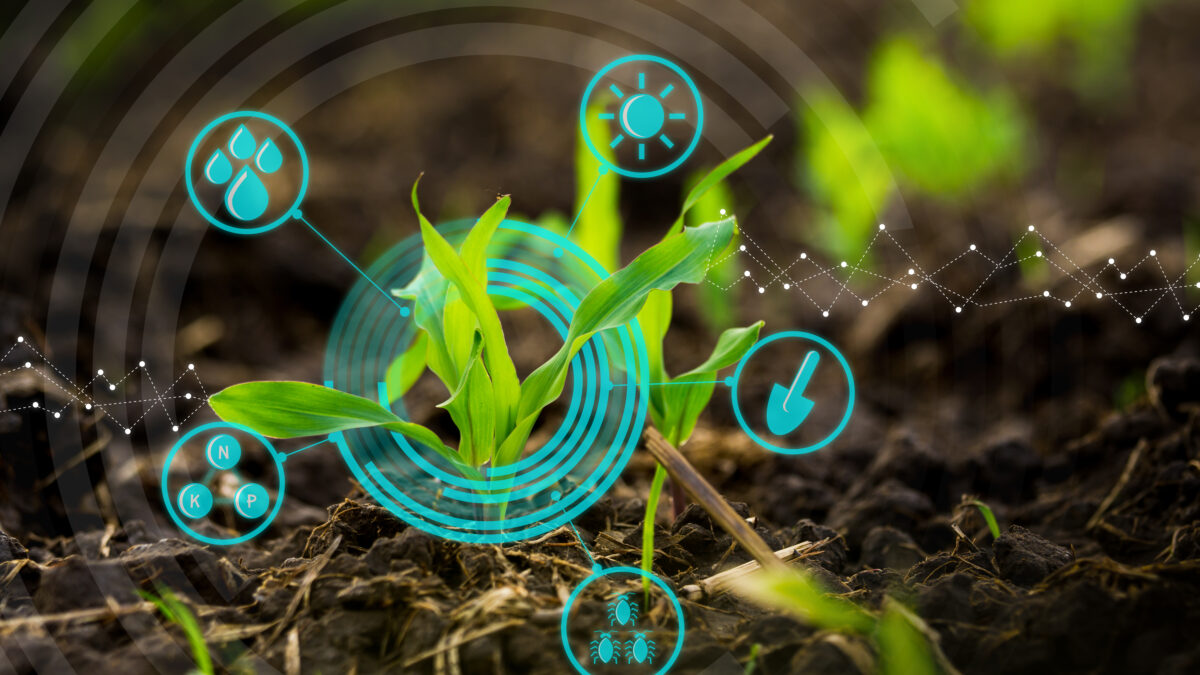Stanford University has examined the technologies that will contribute to sustainable food production by reducing the environmental footprint of farming, presenting them in a report, emphasising that such technologies result in more resilient and productive food systems.
- Data. In agriculture, data collection from technologies used in smart and digital farming – combining remote monitoring, such as satellites, and on-site data recording from telemetry stations and field sensors – can lead to targeted field practices. This reduces both production costs and environmental impact.
- Automation. Automated irrigation systems, for example, can collect data regarding soil type, water levels and soil nutrient quality. Employing Internet-of-Things technology, automated machinery can connect directly to analytical tools to increase precision and effectiveness.
- Information and communication technologies. This third category of technologies enables farmers to more easily manage farm operations not related to fieldwork, including administrative tasks, such as recording profits, costs and expenses.
- Digital markets. The category of technologies that can help farmers maximise their profits includes the creation of digital marketplaces that enable the sale of agri-food products online.
- Food technology. The food industry is exploring and researching ways to increase shelf life and improve product composition, supporting the sustainability of the agri-food supply chain.
- Artificial intelligence. Finally, the sixth category is artificial intelligence, which can support optimal decision-making for each farm, using systems that track crop needs.










